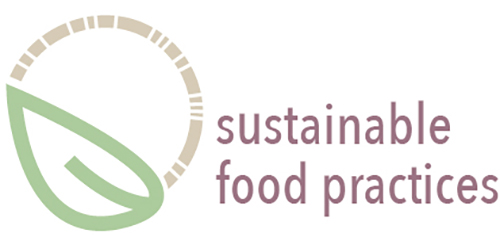
‘Good for Me and Good for my Region: The Ambivalences of Responsible Everyday Food Literacy Between Self-Referentiality and Locavoracity’
1st June 2017
Dr. Rachel Reckinger presented the paper ‘Good for Me and Good For My Region: The Ambivalences of Responsible Everyday Food Literacy Between Self-Referentiality and Locavoracity’ at the Third Conférence Internationale d’Histoire et des Cultures d’Alimentation, held at the Université de François Rabelais in Tours, France. The annual conference is held by the Institut Européen d’Histoire et des Cultures de l’Alimentation (IEHCA)
Find more about the event here
Abstract:
This paper is based on two interdisciplinary empirical surveys at the University of Luxembourg (quantitative and qualitative), carried out in the transnational context of Luxembourg and the surrounding Greater Region, allowing for comparative results of consumption dynamics between regions in Luxembourg, Germany, France, and Belgium. It aims to analyse everyday appropriations of ‘responsible’ eating habits – seen as a set of plural ways of how people put into practice plural ideas of sustainability.
To find out by which motivations the motor for ‘responsible’ consumption is driven, the notion of sustainability is characterised by quantitative indicators of possible sustainability in the food domain, relating to consumed foods or to individual criteria of food selection. Subsequently, qualitative interviews provide insights into the meanings of, and values behind, those indicators, uncovering everyday priorities, appropriations and strategies of consumption, as well as its justifications in a perspective of spatial identification.
By contrasting arguments about food consumption ideals and practices, the results show a marked dialectic between self-referentiality and a general interest in food’s provenance, understood as regionally produced. This ‘locavorous’ form of regionality favours a (new) consciousness of geolocalized context of food production, which may, in turn, have an impact on the overall food literacy, increasingly seen as a political field of citizen action for lowering carbon transport emissions, fostering community identifications and anchoring local socio-economic valorizations. This shows which aspects of the polysemic idea of sustainability are relevant to consumers’ preoccupations, and to what extent consumers are reflexive in their ‘responsible’ food choices.


